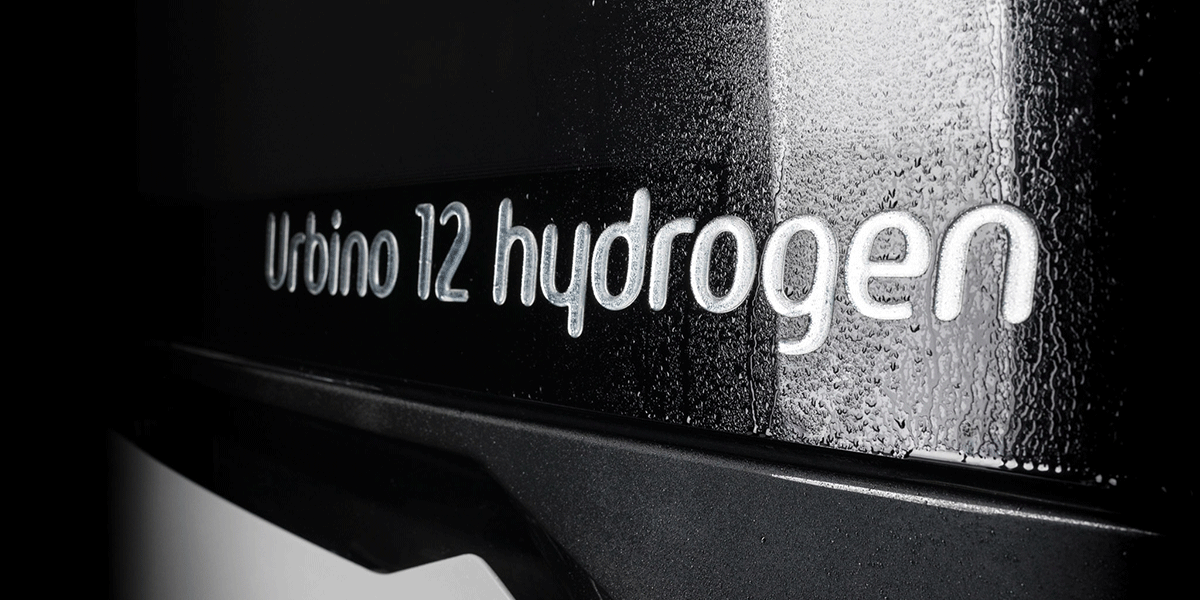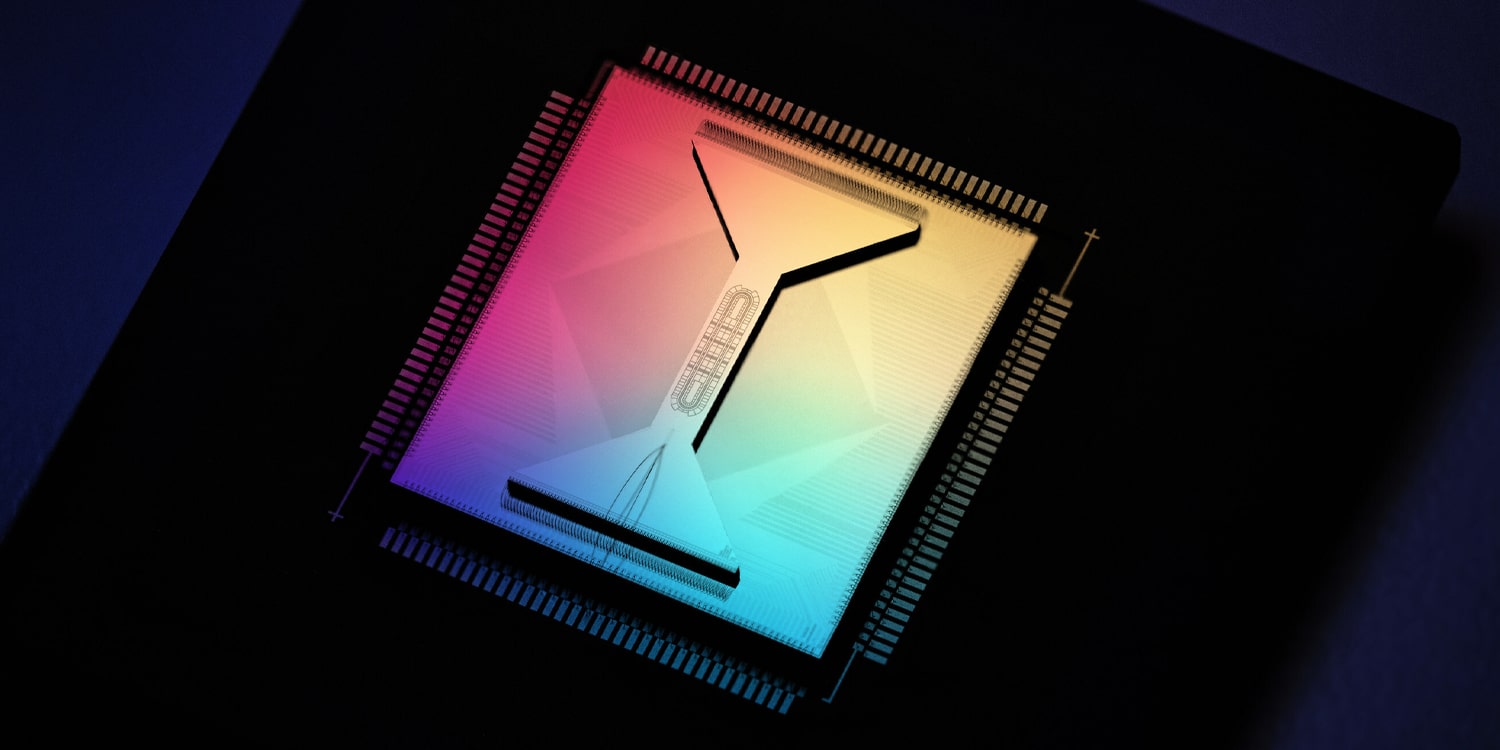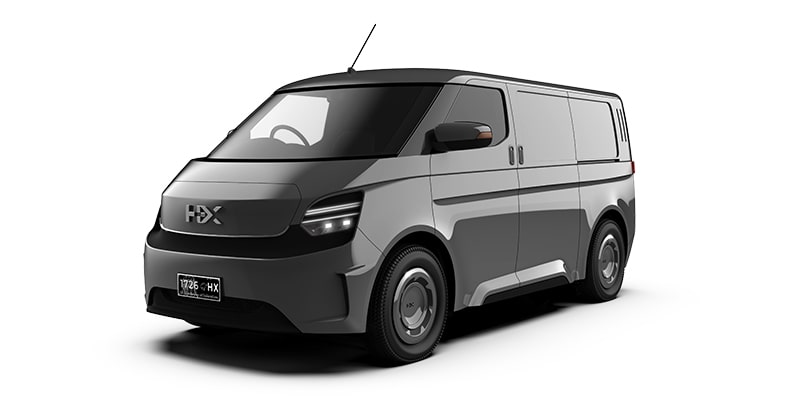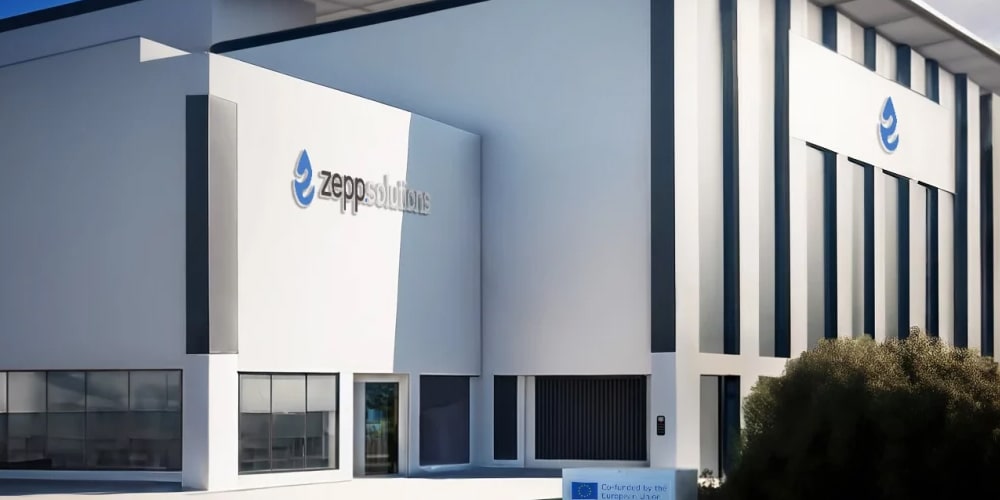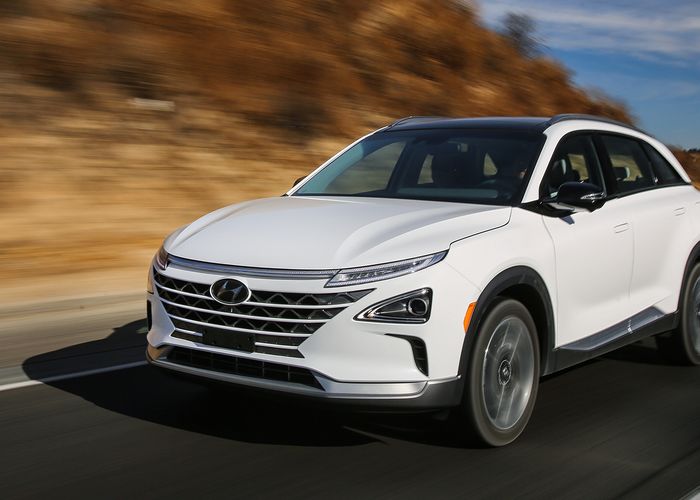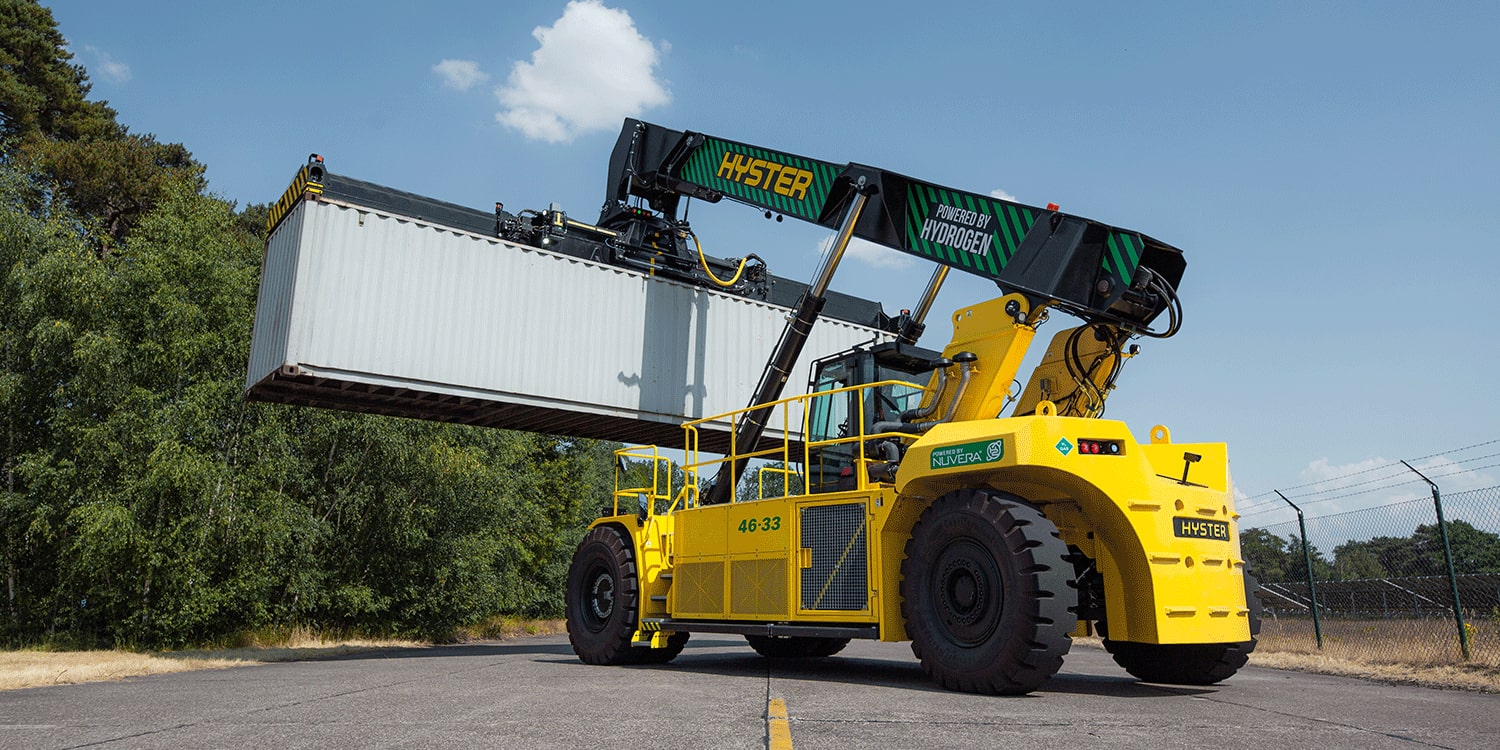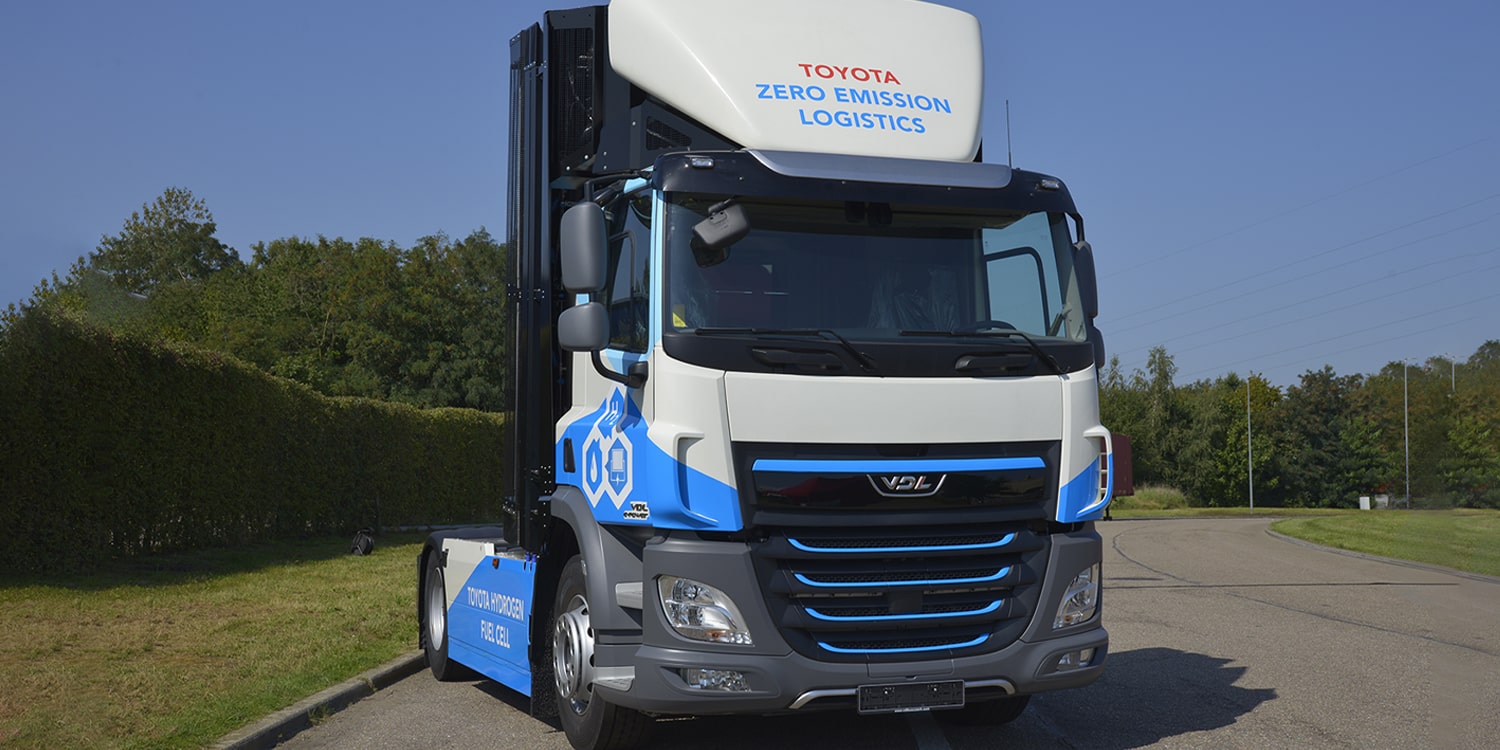Polish bus manufacturer Solaris has recently entered into another substantial agreement with Ballard Power Systems, a leading provider of fuel cell solutions. The agreement involves the supply of multiple fuel cell modules, with a significant portion designated for an upcoming hydrogen bus project in Germany.
Ballard Power Systems is scheduled to deliver a total of 96 new fuel cell modules to Solaris, with deliveries commencing towards the end of 2023 and the majority taking place throughout 2024. Within this allocation, 52 fuel cell modules are earmarked for integration into the hydrogen buses that Solaris will supply to Rebus Regionalbus Rostock. The remaining 44 modules will find their place within Solaris H2 buses, serving various other customers. While specific technical details were not disclosed in the press release, Ballard’s commitment to advancing fuel cell technology remains evident.
Solaris unveiled its latest iteration of the Urbino 12 hydrogen, a twelve-metre-long solo fuel cell bus, back in 2019. This was followed by the market introduction of the Urbino 18 hydrogen articulated bus in September 2022. Notably, Rebus Regionalbus has placed an order for 47 units of the Urbino 12 hydrogen model, along with an additional five units of the larger Urbino 18 hydrogen model.
Distinguishing the two vehicles are their slightly differing fuel cell systems. According to Solaris, the twelve-metre variant is equipped with 70 kW hydrogen fuel cell units, while its longer counterpart boasts 100 kW units. Impressively, there are already 110 Solaris fuel cell buses operating in Europe, all powered by Ballard’s cutting-edge technology.
For Ballard Power Systems, this order from Solaris represents a significant milestone as it stands as their largest single order within the European bus sector. Commenting on the development, David Mucciacciaro, Ballard’s Chief Commercial Officer, emphasized the growing acceptance of fuel cell buses. He noted that these orders reflect a notable shift toward wider deployment of fuel cell buses and underscore their role in the ongoing effort to decarbonize city bus fleets, signaling the potential for broader adoption in the future.

